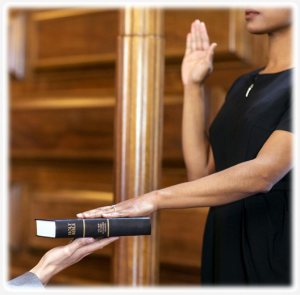ETHICS
Ethics and Disclosure §9-13-101 through 109
Campaign Practices §22-25-101 through 115
POTENTIAL CONFLICTS OF INTEREST
How does one determine if there is a conflict of interest between an elected official’s private business and his or her official decisions made on behalf of the public? Examples of conflict of interest issues can include (but are not limited to) budget and/or appropriations influence, bill sponsorship, bill votes, committee votes, special study committee topics, special study committee funding by private entities, board/commission influence and votes, non-competitive bid-waivers, etc.
Essentially five things need to be known before one can begin to deduce if there is a potential conflict of interest with an elected official:
- The elected official’s regular job occupation.
- The elected official’s private business ownership &/or interests, as well as that of close family members.
- The elected official’s involvement in any non-profit foundations.
- The elected official’s membership among public or private organizations, commissions, boards, etc.
- What, if anything, do they stand to gain when an official action overlaps with a private interest?
One of WY Ethics laws, 9-13-108 Disclosure required, was allegedly written to address this need for transparency by mandating that “each of the state’s five (5) elected officials and each member of the Wyoming legislature shall file a financial disclosure form with the secretary of state“. The problem, however, is that these disclosures (filed annually on January 15th) are never published for public viewing. More disturbing is that there are no laws nor published procedures on who, if anyone, reviews these financial disclosures to identify any potential ethics concerns. Is it the Wyoming Secretary of State? Is it the legislative Management Council? If it is the Management Council, do any members have any of their own public trust issues?
The information provided on the State Elected Officials Financial Disclosures should be published for public viewing; whether through the secretary of state, or by each individual elected official publishing them independently online. Today, however, many Wyoming State Legislators aren’t even willing to disclose their job occupation on their state webpages. Some do not even provide a phone number for district constituents to contact them with.
This glaring transparency problem cannot be resolved until full disclosure of every elected official is brought out into the sunlight. The Wyoming Transparency Commission is determined to find and publish that information.
Every incumbent and candidate should know that once they assume office, their private life will likely be viewed under a magnifying glass specifically for ethics concerns. After all, they are being held in public trust.